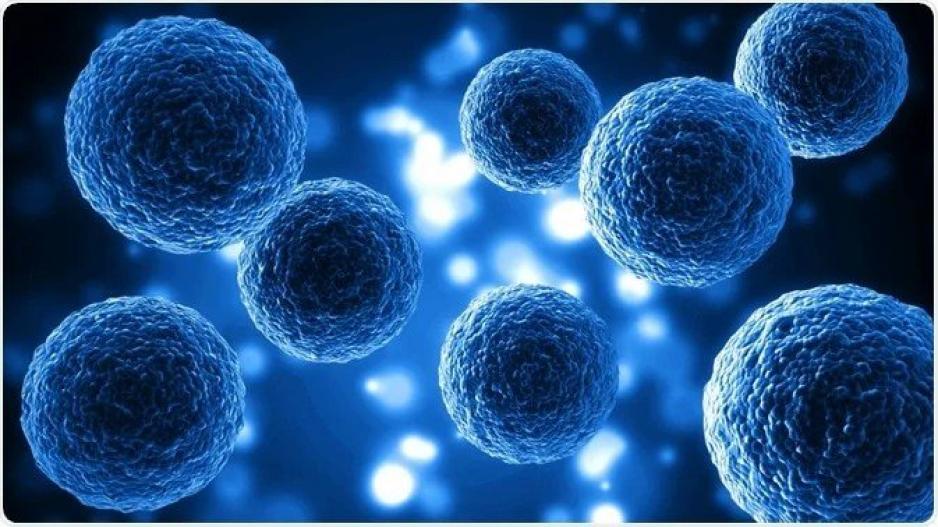UCY Doctoral Student Presented the InvasiCell Technology in Finland
The Technology Was Developed in the Department of Biological Sciences
The innovative technology InvasiCell, which can replicate the microenvironment of malignant tumors, was presented at the "Tahko Ski Lift Pitch" event recently held in Kuopio, Finland, by Adonis Hadjigeorgiou, a doctoral student at the University of Cyprus.
According to an announcement from the University of Cyprus, the technology was developed in the lab of Professor Paris Skourides in the Department of Biological Sciences, and was showcased to potential investors, mentors, and other members of the scientific community, reaching the semifinals.
Adonis Hadjigeorgiou's participation was made possible through the active involvement of the Innovation Management Sector of the University of Cyprus's Research and Innovation Service in the activities of the YUFE (Young Universities for the Future of Europe) Alliance.
Furthermore, Mr Hadjigeorgiou's proposal, along with other start-ups and viable research results from YUFE Alliance universities—such as Carlos III University of Madrid, the University of Bremen, and the University of Eastern Finland—was selected from more than 60 applications after being evaluated by a YUFE committee and the organizers of the "Tahko Ski Lift Pitch".
Mr Hadjigeorgiou represented the University of Cyprus and the YUFE Alliance at this entrepreneurial event after a series of preparatory seminars.
The Tahko Ski Lift Pitch, now in its eighth year, targets emerging or existing startups from various sectors, offering them a unique platform beyond the traditional conference room boundaries to present their innovative business ideas in an unconventional ski lift pitch setting amidst a thrilling snow-capped mountain backdrop.
It is noted that Mr. Hadjigeorgiou is one of the three inventors of the technology (along with Professor Paris Skourides and postdoctoral researcher Dr. Neophytos Christodoulou), which is in the process of securing an international patent for the device.
"The device can replicate the microenvironment of malignant tumors and therefore has a wide range of applications in research, diagnosis, and treatment of cancer. It allows monitoring the proliferation, invasion, and metastasis of cancer cells, as well as the effects of drugs on these processes," it is added.
It also has the potential to help identify changes that promote cancer and metastasis, which is crucial as it will lead to the recognition of new therapeutic targets and improve both prognosis and diagnosis of cancer.
For the development of the technology, the research team from the Department of Biological Sciences received funding from the University of Cyprus and Cyprus Seeds, among others.
The patenting of the technology, as well as actions for its commercial exploitation, are actively supported by the Innovation Support Sector of the Research and Innovation Support Service as the competent sector for supporting, protecting, managing, and exploiting many promising intellectual property rights of the University of Cyprus and the Innovation Committee of the University since mid-2022.






